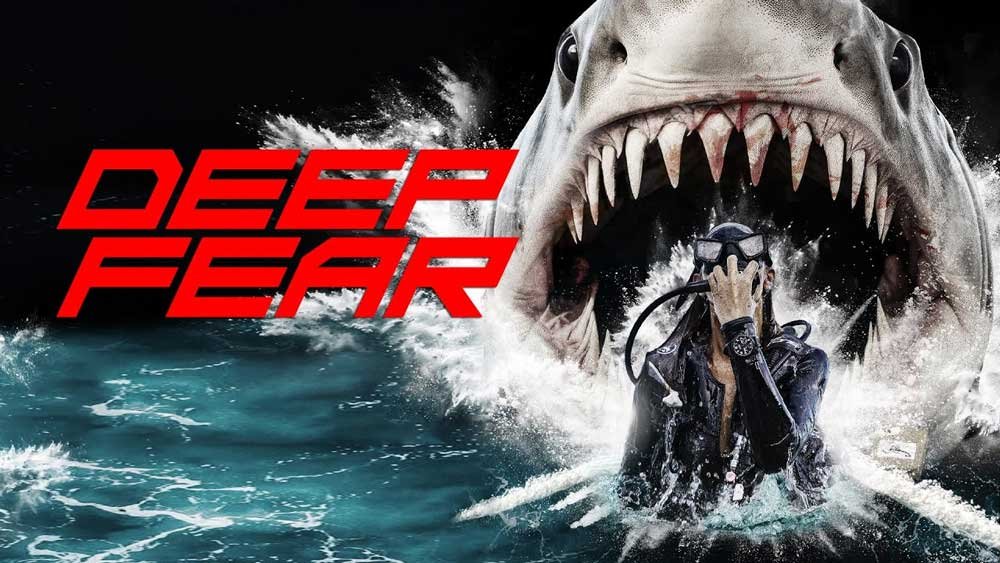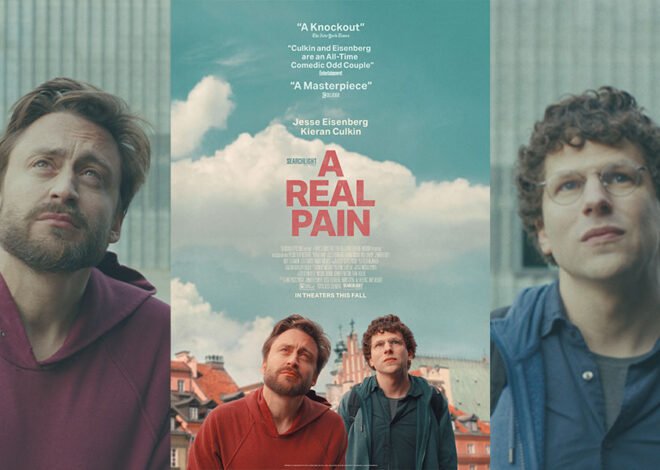
Deep Fear Movie: An Exploration into the Heart of Cinematic Terror
When we think of movies that send shivers down our spines, we often think of the classic horror genres—ghost stories, haunted houses, and relentless monsters. But what if a movie doesn’t rely on these usual suspects to frighten its audience? What if the fear comes from something deeper, something more psychological? This is where the concept of a deep fear movie comes into play.
This article will delve into the fascinating world of deep fear movies, exploring their unique qualities, emotional impact, and why they have become a significant genre within the broader world of horror.
What is a Deep Fear Movie?
At its core, a deep fear movie isn’t just about jump scares or creepy monsters lurking in the shadows. These films tap into primal emotions, often exploring themes of psychological horror, existential dread, and the unknown. They make viewers uncomfortable not through gore or violence but by causing them to confront deep, often unspoken fears.
Key Features of Deep Fear Movies:
- Psychological Depth: These films often focus on the inner turmoil of characters.
- Atmosphere Over Gore: The fear in these movies is subtle and atmospheric, relying on building tension.
- Existential Horror: They frequently explore isolation, mortality, and identity themes.
- Ambiguity: These movies often leave audiences questioning what’s real and what’s not.
Unlike traditional horror movies, deep fear films focus on creating a slow-burn tension that grows throughout the narrative. They make the audience feel uneasy long after the credits roll.
Why Do People Love Deep Fear Movies?
It might seem odd to some that people enjoy being scared, but for many, the psychological fear that deep fear movies invoke is a thrilling experience. Here’s why:
- Exploration of the Unknown: These films tap into our fear of what we don’t understand. This can be more unsettling than any monster or villain.
- Emotional Release: Watching a deep-fear movie allows viewers to experience and process fear in a controlled environment.
- Cognitive Challenge: These films often require the audience to engage with complex themes and psychological depth, offering a more intellectually stimulating experience.
- Catharsis: By confronting and experiencing deep fears on screen, viewers may feel a sense of release or resolution afterward.
These movies resonate because they push us to question what we fear and why, offering a disturbing and thought-provoking experience.
Common Themes in Deep Fear Movies
A deep fear movie usually explores themes beyond the surface of just “being scared.” These themes are often deeply tied to human experiences, emotions, and existential questions.
Fear of Isolation
Many deep-fear movies center around the idea of isolation. Whether it’s physical, emotional, or psychological, isolation can trigger intense feelings of dread. For instance:
- A character trapped in an abandoned building or remote location.
- A person is disconnected from society, either physically or emotionally.
- The feeling of being alone in a world full of other people.
Loss of Identity
Another prevalent theme in these films is the loss of self. Characters may question their reality or the essence of who they are. This theme taps into a deep fear of losing control over one’s mind.
The Unknowable
There’s something inherently terrifying about the unknown. A deep fear movie often thrives on this by presenting threats that can’t be fully explained. The fear of what could be lurking around the corner is a common source of anxiety in these films.
Nature’s Power
Some deep fear movies explore the fear of nature and the forces we cannot control. Think of films where characters are at the mercy of extreme weather, wild animals, or the deep sea.
Famous Deep Fear Movies to Watch
If you’re looking to explore the world of deep fear movies, there are a few key films you absolutely shouldn’t miss. These movies have earned their place as some of the best examples of this genre, mastering the art of psychological horror.
“The Shining” (1980)
Stanley Kubrick’s The Shining is a quintessential deep-fear movie. It’s less about visible monsters and more about unraveling a man’s psyche. As Jack Torrance becomes increasingly isolated at the Overlook Hotel, the atmosphere grows more oppressive, and the fear feels suffocating.
“Black Swan” (2010)
Darren Aronofsky’s Black Swan takes the viewer on a disturbing journey through the mind of Nina Sayers, a dancer who begins to lose touch with reality. The film masterfully builds tension, tapping into fears of identity and the pressure to succeed.
“Hereditary” (2018)
A deeply unsettling film, Hereditary blends family trauma with supernatural horror. It’s the exploration of grief and generational curses that creates the lingering fear throughout the movie.
“Don’t Look Now” (1973)
This classic thriller delves into grief and the psychological toll of losing a loved one. The eerie atmosphere and haunting visuals make this movie a standout example of deep psychological horror.
“The Witch” (2015)
This film is set in 17th-century New England and slowly builds a sense of dread. It’s not just the witchcraft that frightens, but the unraveling of a family’s belief system and the terror that comes from their isolation.
The Impact of Atmosphere in Deep Fear Movies
One of the hallmarks of a deep-fear movie is its atmosphere. Filmmakers often use lighting, sound design, and cinematography to create a sense of unease.
Lighting
In these films, lighting is used to evoke emotions. Dimly lit settings, shadows, and contrasting light sources can help create tension, leaving much to the imagination.
Sound Design
Sound is another powerful tool in building fear. The subtle creaking of floorboards, distant whispers, and unsettling music can all create an atmosphere of dread.
Cinematography
The camera angles and framing in deep-fear movies can make the viewer feel vulnerable. A wide shot of space can heighten the feeling of isolation, while tight close-ups can make the audience focus on unnerving minute details.
How Do Deep Fear Movies Affect the Audience?
A deep fear movie affects the viewer on a psychological level. The impact can linger long after the film ends, making the audience reflect on their fears and anxieties.
Emotional Impact
- Heightened Anxiety: These movies can trigger a heightened sense of anxiety as the audience becomes more aware of the deeper, often subconscious, fears that the film explores.
- Introspective Reflection: Viewers may reflect on their lives, relationships, and fears.
- Lingering Dread: Unlike jump-scare-heavy films, the fear in deep-fear movies doesn’t go away when the credits roll.
Physical Response
Even though the fear is more psychological, the body still reacts. Viewers may feel their heart rate increase, experience chills, or even have difficulty sleeping after watching a particularly intense, deep-fear movie.
The Ultimate Appeal of Deep Fear Movies
The deep fear movie genre has an ultimate allure because it taps into something that many other horror genres don’t: a psychological exploration of fear itself. By dealing with themes like isolation, identity loss, and the unknown, these films force us to face uncomfortable truths about ourselves and the world around us.
For those who enjoy complex, thought-provoking films that don’t rely on gore or shock value, deep fear movies provide a rich and rewarding experience. They ask questions that go beyond “What happens next?” and instead make us ask, “What if?”
Conclusion: Embrace the Fear
The world of deep-fear movies offers an unparalleled experience for those brave enough to venture into it. These films are not just about being scared at the moment—they’re about exploring the deeper recesses of human psychology, confronting our anxieties, and ultimately gaining a deeper understanding of ourselves. So the next time you’re in the mood for a truly haunting experience, why not dive into the world of deep fear? The terror you encounter might be the key to understanding what it truly means to be afraid.
Whether it’s the atmosphere, the haunting themes, or the psychological complexity, deep fear movies hold an enduring place in cinema. So, let’s embrace the fear, knowing that the deeper we delve into it, the greater the rewards may be.


